November
Sergio Mattarella al Politecnico
News
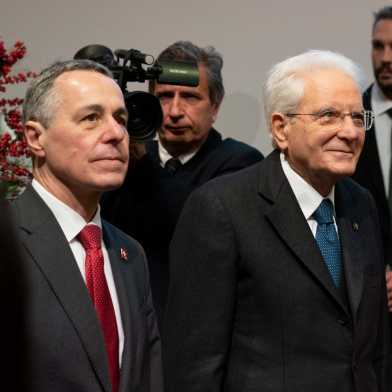
As part of a two-day state visit to Switzerland, the Italian President stopped off at ETH Zurich on Wednesday (30 November) in the company of President of the Swiss Confederation Ignazio Cassis. After a welcome by ETH President Joël Mesot and some words of greeting from the two guests, researchers and students of the university provided an insight into their work.
Art created by computers
News

Four students at ETH Zurich’s Student Project House have launched “Generai”, a platform that uses artificial intelligence to create works of art.
The quest for infinite paths
News
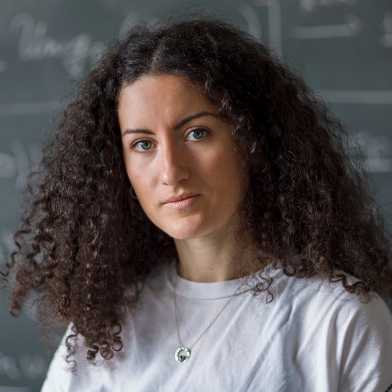
How does water seep through porous rock? Investigating this question with a mathematical model was the starting point for Barbara Dembin’s research. The mathematician is generating new insights in what is known as percolation theory.
The seeds have germinated
News
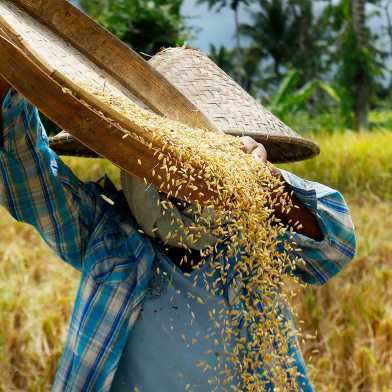
For the first time, farmers in the Philippines have cultivated Golden Rice on a larger scale and harvested almost 70 tonnes of grains this October.This nearly never-ending story began at ETH Zurich.
These researchers have received Starting Grants
News
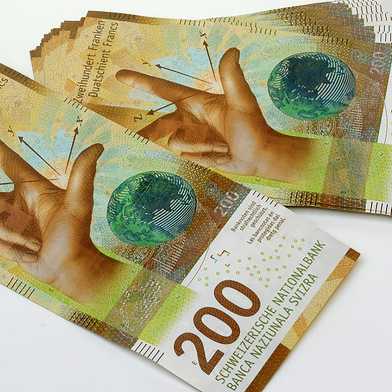
Nine scientists are receiving SNSF Starting Grants for projects they plan to carry out at ETH Zurich starting next year.
ETH Zurich joins alliance of European universities
News
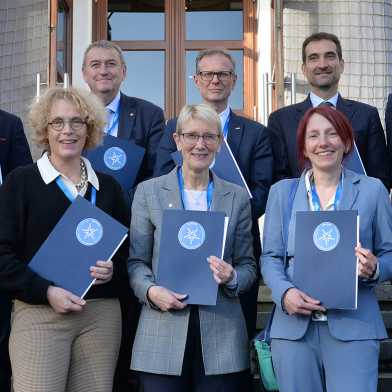
The new Enhance Alliance of ten European technical universities aims to make it easier to study abroad. ETH Zurich officially joined the alliance today.
Diagnosing diseases with a puff of breath
News

A needle and some blood are usually needed for medical diagnostics.
Protein shapes indicate Parkinson’s disease
News
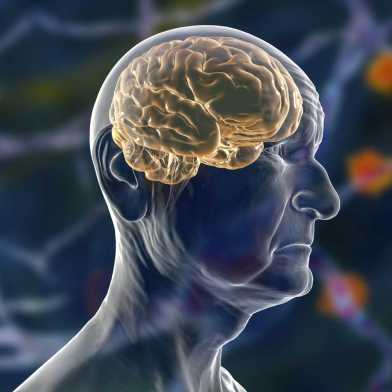
ETH Zurich researchers have found that a set of proteins have different shapes in the spinal fluid of healthy individuals and Parkinson’s patients. These could be used in the future as a new type of biomarker for this disease.
Climate action: Methane is our most powerful lever
- News
- Zukunftsblog

While the insufficient measures increasingly argue against reaching the 1.5-degree target, we could still achieve it with a rapid reduction in methane emissions, writes Cyril Brunner.
Food security thanks to faeces and waste
News
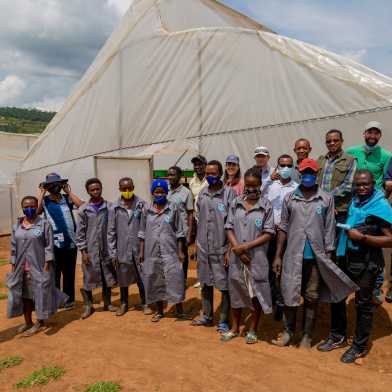
Together with partners in Ethiopia, Rwanda, the Democratic Republic of the Congo and South Africa, ETH Zurich researchers are creating circular economies that use processed organic waste and human excreta as fertilizer or animal feed, resulting in higher crop yields and new jobs.